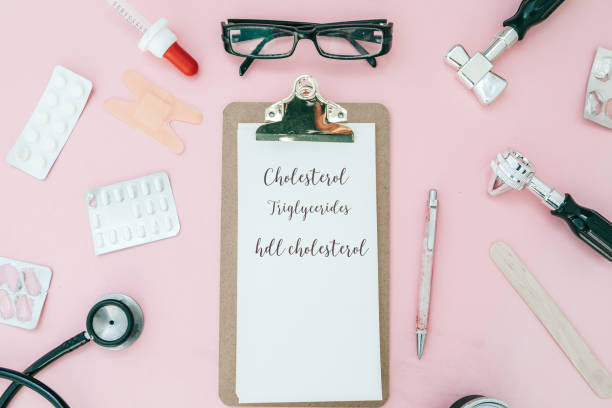Triglycerides, pronounced tri-gli-suh-ridez, are a type of fat or lipid found in your blood. When you eat, the energy your body doesn’t need right away is stored in triglycerides for use later. They are then stored in your fat cells. If you have fatty areas on your body, these are the stored triglycerides. If you need energy between meals, hormones release the triglycerides.
More about triglycerides
Triglycerides are carried in our blood, and they come from the fats in the food we eat. Just about all the fats that we eat contain triglycerides. Margarine, oil and butter are in triglyceride form.
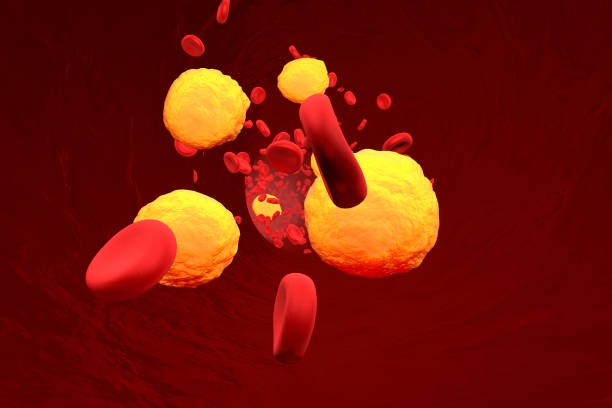
Cholesterol and triglycerides are both fatty substances and they are called lipids. However, triglycerides are fats, whereas cholesterol is not.
Cholesterol is made by your liver, and it is also found in some foods, especially animal products like meat and dairy products. Cholesterol cannot dissolve or mix with your blood. As such, the liver takes the cholesterol, adds the triglycerides and proteins in a ‘package’ in carriers called lipoproteins. These lipoproteins move the ‘package’ through the body. If your triglyceride level is high, it poses a risk of heart disease.
Read our popular article - Know more about Blood Sugar Levels, Ranges
High triglycerides
If you eat too much on a regular basis or you eat more calories than you can burn, you may have high triglycerides. It is also called hypertriglyceridemia.
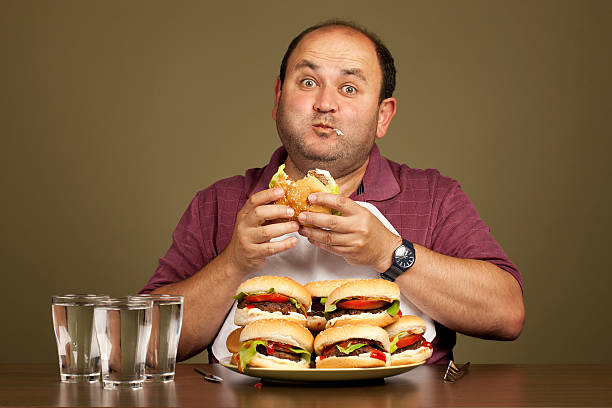
So what is normal?
A normal level of triglycerides is a level that is less than a 150 milligrams per deciliter (mg/dL). A borderline high level of triglycerides is one that is 150-200 mg/dL. Anything higher than that is way too high.
How do I know that it is normal?
When you visit your doctor for your annual health check, he will likely check your blood pressure, as well as your cholesterol levels. If he is concerned about elevated cholesterol levels, he is probably going to test your triglyceride level too. It is a blood test called a Lipid Profile. Your blood sample is sent to the lab for testing.
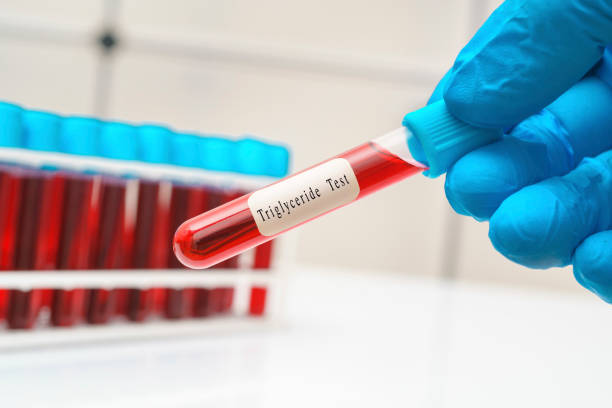
If it is found that your triglyceride level is high, your doctor will check for possible causes. Particular types of medications, diabetes that is not correctly controlled, incorrectly working thyroid, and liver or kidney disease can be the cause of higher than normal triglyceride levels.
What does it mean if I have high triglycerides?
If your triglyceride level is too high, it can cause fatty deposits in your internal organs. These fatty deposits can also block the blood’s flow to your brain and heart, which in turn can cause a stroke or a heart attack.

Very high triglyceride levels can also cause unnatural swelling of your pancreas. The result of this is intense pain, vomiting and fever. Additionally, if any digestive juices leak out from the pancreas, it can be life-threatening.
Type 2 diabetes can also be a result from high triglyceride levels. It can also be associated with heart disease, strokes and liver disease.
How do I keep it normal?
What you eat plays a big role in managing your triglyceride levels. Your diet should include foods that are low in fats, sugars, carbohydrates and alcohol.

If the food you eat has high levels of simple sugar, your triglyceride levels are going to be high. Simple sugars are one type of carbohydrate. They’re naturally found in different types of fruit and dairy products. A simple sugar has only 1 or 2 sugar molecules. They’re called either a monosaccharide or a disaccharide.
There are 3 types of monosaccharides – glucose, fructose and galactose. There are also 3 types of disaccharides – sucrose, lactose and maltose.
Limiting your intake of simple sugars is one way to help keep your triglyceride levels reasonable.

Eating natural sugars can also raise your triglyceride levels. It is best to limit these, or find alternatives if you really need to eat something sweet. By the same token, it is also sensible to limit your refined grain intake. Food that is made with refined, bleached or enriched flour has very little or no dietary fiber. Cut down on your portion sizes of all grain-based foods.
Alcohol is also a cause of higher levels of triglyceride. Keep your alcohol intake limited to the recommended daily allowance, which is 2 drinks a day for a man, and 1 drink a day for a woman. Better yet, try and cut out alcohol completely.

Exercise plays a significant role in controlling these levels. Along with what you eat and when you eat, they work simultaneously to help lower your triglyceride levels.
What if it doesn’t remain at a normal level?
Diet and exercise play a big role in keeping your triglyceride at a normal level. However, if this is not working, your doctor may prescribe medication. He is likely to do so if you already have higher than acceptable cholesterol levels or if you have hypertension. Your doctor may prescribe any of the following medication to help lower your triglyceride level:

- Fibrates – these lower your blood’s triglyceride levels. They reduce the liver’s production of VLDL. This in turn helps remove the triglyceride from the blood.
- Nicotinic acid – Niacin is a type of Vitamin B, and reduces the amount of bad cholesterol in the blood.
- Omega-3 – these are fatty acids that play a role in lowering the levels of triglyceride. They are found in fish oil, or fatty fish like mackerel and salmon.
- Statins – reduce the amount of cholesterol your body produces.
You could also try:
There are number of other ways that you can include in your quest to lower your triglyceride levels. If you are overweight, start reducing the number of calories that you consume each day. This can be done by controlling the size of your portions. A clever way to do this without feeling deprived is to use a smaller dinner plate. Your plate is still full of food, but the portion is significantly less.

Another sensible method is to eat smaller portions (as we’ve said), but more frequently. Instead of having 3 large meals a day, spread them out throughout the day. You’ll also feel more full and for longer.
Try not to eat after a certain time in the evening. Instead of grabbing a packet of chips while you watch a movie, drink water instead. Decide on a time that will be your last meal of the day, say, 7 p.m. and stick to it.
Regular activity is good for you. Even if you are not the sporty type, you can still get consistent exercise into your day. Climb the stairs, walk to the shops, walk the dogs – it is all good exercise.
Don’t forget the Omega-3
There is substantial evidence that omega-3s are good for you. Not only are these ideal for lowering your triglyceride levels, but also for your overall health. Omega-3s are found in fish, particularly oily fish like sardine, herring, trout and tune. Ideally, you should eat 1-2 servings of omega-3 rich fish a week.

If you do not eat animal products, there are also plant-based omega-3s. These are found in canola oil, flax seeds, walnuts and soy foods.
Food is full of added sugar – how do I know what is good for me?
A study was done by researchers at the University of North Carolina where they found that at least 60% of packaged food and drink contain added sugar. This is an alarming figure.
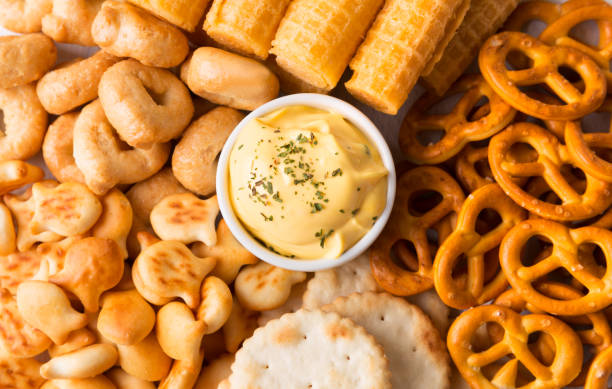
One way to avoid the added sugar trap is to read the labels on the package. If it says ‘added sugar’, don’t touch it. Desserts that have a ‘fat-free’ label usually contain more sugar than the full-fat versions. If there any of the simple sugars listed on the label, best not buy those foods either. These would be sucrose, glucose, fructose, maltose, honey, corn syrup and molasses.
Additionally, you can also limit your simple sugar intake by following a few simple steps:
- Try not add table sugar to your breakfast cereal. It’s better to use a herbal sweetener, or even better, nothing.
- When you buy cereals, it is best to avoid those that have fewer than 8 grams of sugar per serving.
- Choose whole fruit for a snack instead of fruit roll-ups or other fruit flavored snack.
- For slices of bread and crackers, rather use sugar-free jelly or preserves.
- Cut back, or, even better, avoid eating sweets and dessert foods, as well as cakes, cookies and pastries. Pies, ice cream, sherbet and gelatos all have heaps of added sugar.
- Limit your daily cholesterol intake to 00 mg.
- Do not eat foods high in trans fats.
- Choose monounsaturated and polyunsaturated fats instead of ‘regular’ oils. Try canola and olive oil instead.
There are other diets available
Changes to the way you eat will play a role in keep triglyceride levels low.
Consider the low carbohydrate diet. Carbohydrates promote high triglyceride levels.
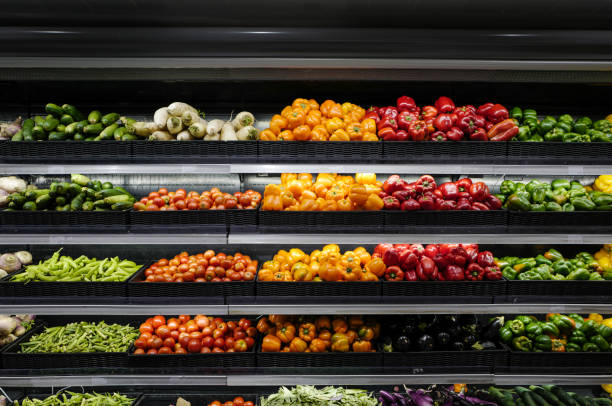
A high fiber diet can also help. If you increase your dietary fiber, you can help slow down the absorption of fat and sugar in the small intestine. This then decreases the triglyceride levels in your blood.
Studies have shown that a vegetarian diet can reduce the total levels of cholesterol. However, further studies do not show a link with vegetarianism and lower triglyceride levels.
A well planned and nutritious diet can be the deciding factor for maintaining a healthy body.
Other supplements for High triglycerides
There are a number of supplements that can be a help in lowering triglyceride levels. Bear in mind that supplements are not regulated by the FDA, and, as such, should be discussed with your doctor before trying them out.

Curcumin: a study completed in 2017 indicated that curcumin supplements do play a role in reducing both bad cholesterol and triglyceride. Curcumin is the curcuminoid of turmeric. (In other words, it comes from turmeric).
Fenugreek is also believed to help lower triglyceride levels.
Guggul is from trees found in India. In fact, it is the gum resin obtained from Burseraceae family, which is also known as the incense family. A study suggests that it can also lower triglyceride levels.
Garlic extract is an anti –inflammatory and can help triglyceride levels as a result.
While studies have been conducted and papers written on the above supplements, they haven’t been regulated by the FDA.
In conclusion
Triglycerides are a type of fat, or lipids that are in your blood. They play a role in providing your body with the energy it needs by storing fat. If your body has excess energy, received when taking in more calories than you can use, it is stored as fat on your body. Should your body require energy between meals, hormones release the triglycerides.
The right levels of triglycerides are essential to avoid the fatty deposits on your internal organs. Too much of these can lead to heart attacks and stroke.
There are no symptoms of high levels of triglycerides. The levels can be determined through a blood test, much like the test for cholesterol. If it is found that your triglyceride levels are too high, it can be treated with the correct diet and exercise. If these do not work as well as hoped, and if you have been diagnosed with high blood pressure or high cholesterol levels, medication will be prescribed.
Diets such as the high-fiber and the low carbohydrate that include oily fish can help lower these levels. Another way to keep the levels at a reasonable level is to limit both your alcohol and added sugar intake. Carbohydrates should be kept to 50-60% of even less of your total daily calories. Limiting your intake of trans and saturated fat will also help.
Exercise is always an excellent way to help your body keep in shape, and this includes lowering your triglyceride level. Certain supplements can also play a role, but these should be discussed with your doctor before using.
All in all, it can be done. Lowering the triglyceride level in your body can help you avoid the risk of a heart attack, heart disease and stroke.

